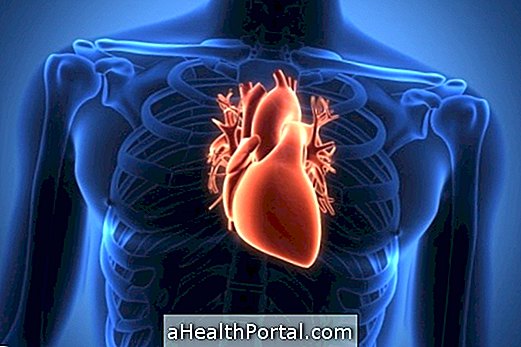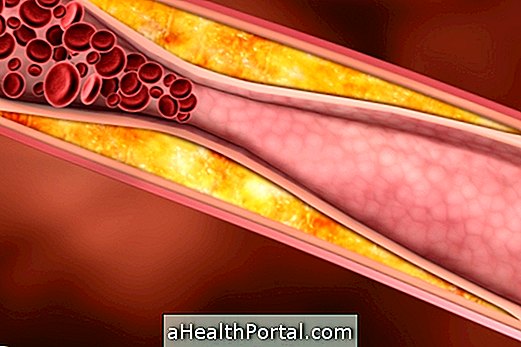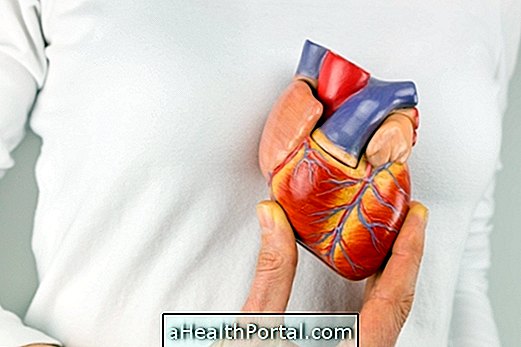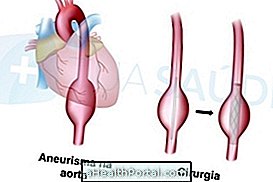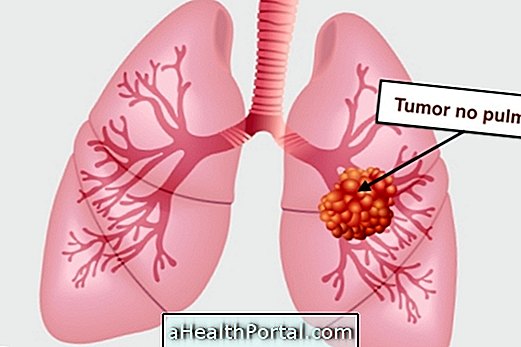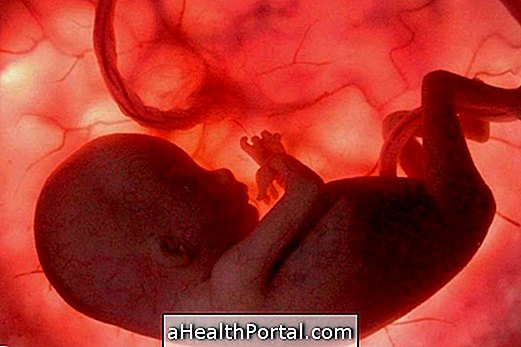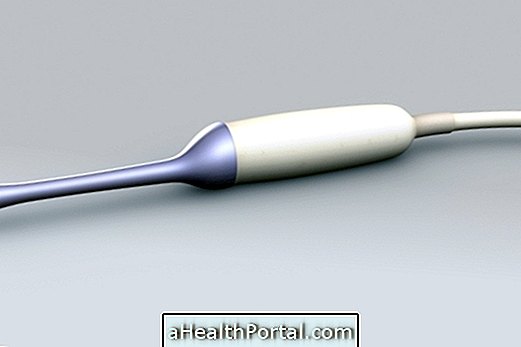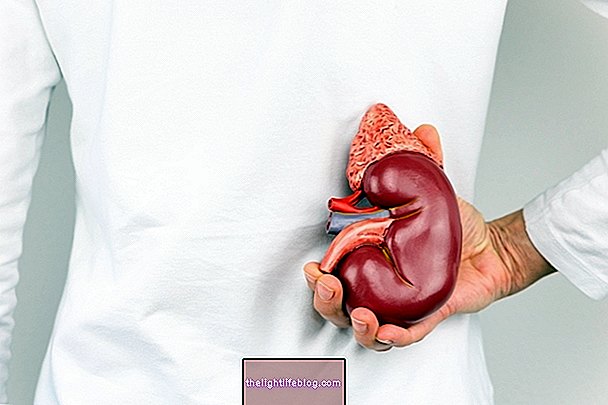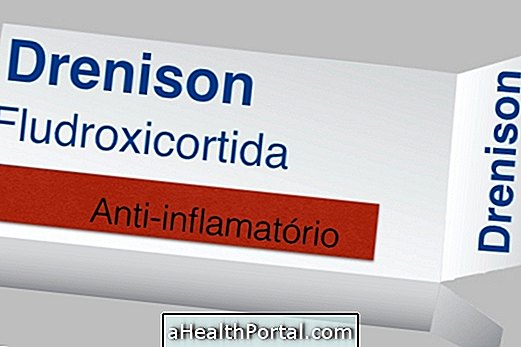The large heart, also known as cardiomegaly, is a serious and difficult to treat disease that mainly affects the elderly, but it can also happen in young adults or in children with heart problems.
The large heart can not pump blood with the necessary force for the whole body, which causes intense fatigue and shortness of breath. Although it is a serious disease and can lead to death, cardiomegaly can be treated and has healing mainly when identified at the beginning.
Symptoms of Cardiomegaly
The main symptoms of cardiomegaly are:
- Shortness of breath;
- Weakness and fatigue when making small efforts;
- Dizziness and fainting;
- Heart palpitations;
- Increased blood pressure;
- Decrease in amount of urine produced per day.
It is important to see a doctor as soon as these symptoms appear, because when left untreated cardiomegaly can cause heart failure, heart attack and sudden death.

Treatment for Cardiomegaly
The treatment for cardiomegaly is the use of diuretic and regular hormone medications that control blood pressure and heart rate, improving heart function. The medicines commonly used to treat cardiomegaly are Carvedilol, Metoprolol, Bisoprolol, Enalapril, Captopril, Ramipril, Spironolactone and Furosemide.
However, if the use of medicines is not enough, it may be necessary to have surgery to rebuild the heart structure or heart transplant.
Causes and diagnosis of Cardiomegaly
The main causes of cardiomegaly are Chagas disease, poor circulation and diseases of the heart valves. Other less common causes are high blood pressure, alcoholism, and heart cell structure problems.
The diagnosis of cardiomegaly is made based on the individual's clinical history and through tests such as x-ray and electrocardiogram, which identifies the degree of heart failure presented by the heart.
Thus, it is important to identify the first signs of heart problems so that the appropriate treatment is soon started, avoiding complications.
